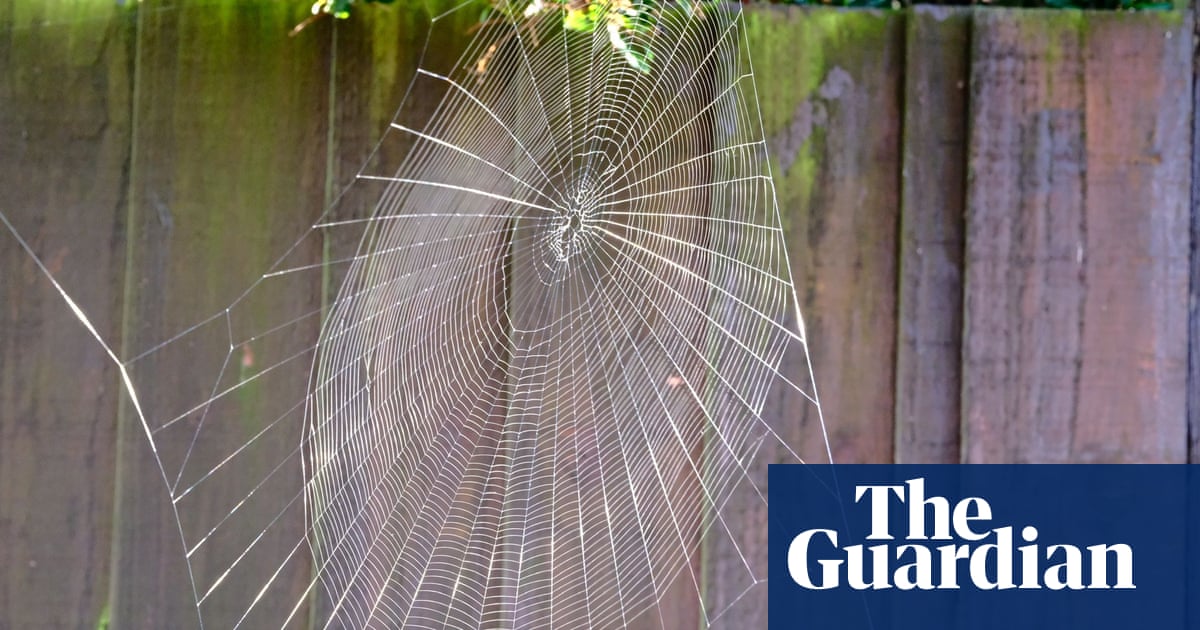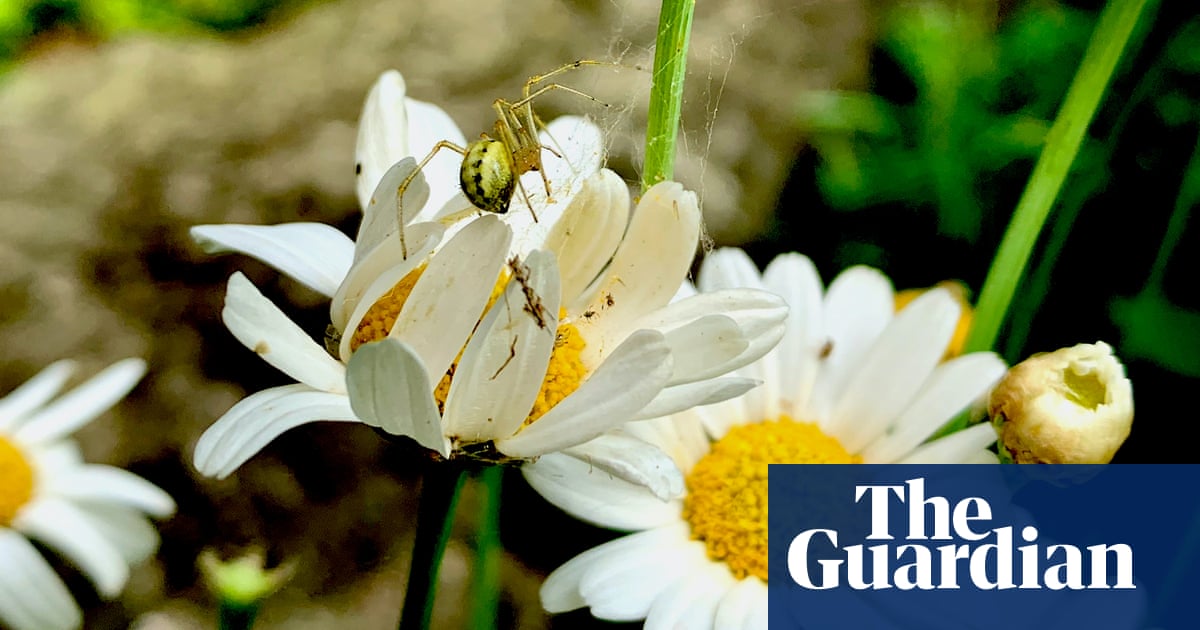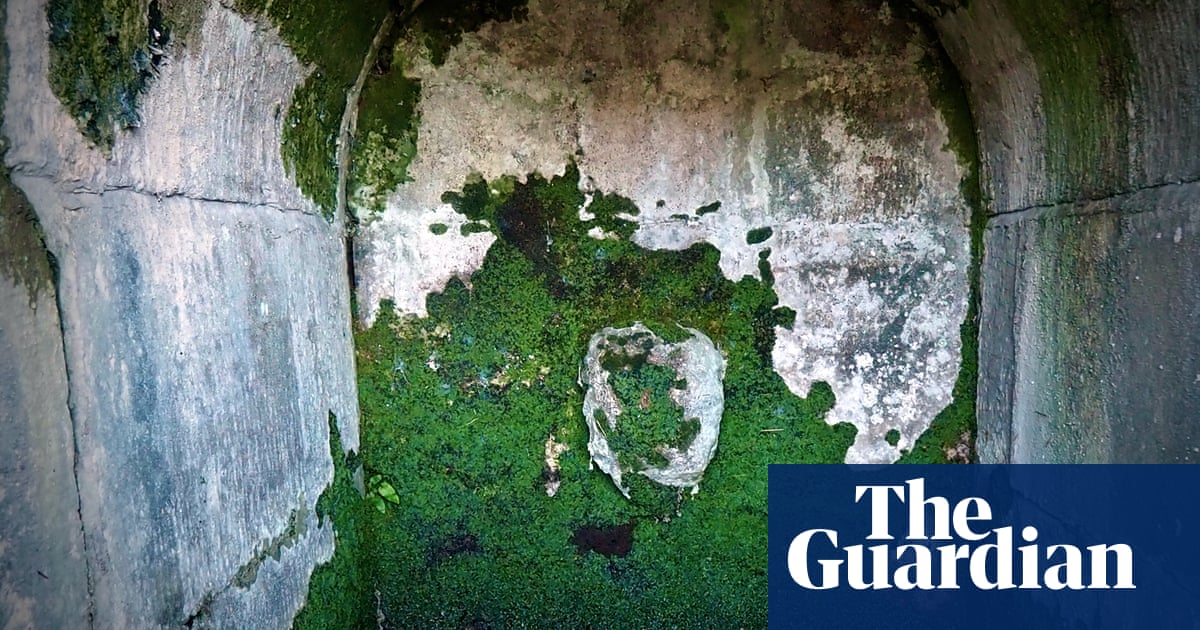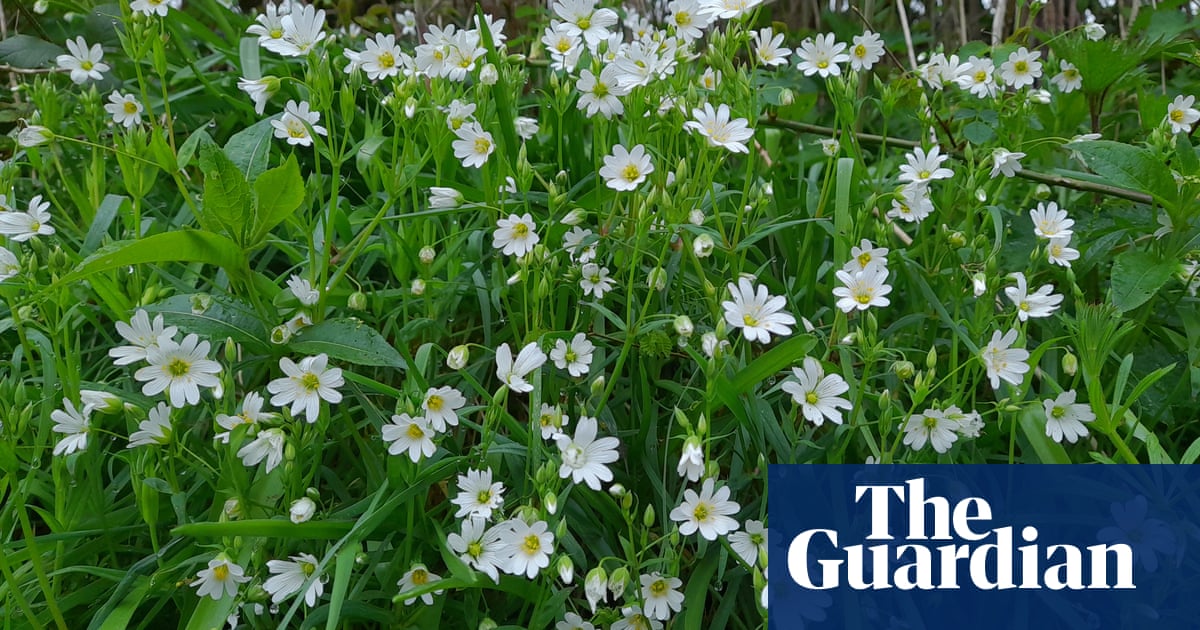
I’m learning how to scythe, and am caught up with the lovely, unfamiliar terms. The snath, the heel, the beard, the tang. We’re shown how to assemble the scythes to fit our frames and then practise using them at the edges of the football pitch.
Our tutor tells us that he originally planned the day thinking conditions would be moist and perfect for scything, but it’s been dry here in Strathspey – though not as hot as elsewhere. Our wee burn and the River Spey are lower than I’ve ever seen them, and the land feels brittle.
In the afternoon, we go to a rough field to put into practice what we’ve learned, including how scything is much harder than it looks. We’re all trying to get the feel of the unfamiliar action and arc of movement on this rougher terrain, and the grasses and ground feel uncooperative.
Suddenly there’s a movement, and off to my right I see a tiny leveret, so young it still has a white spot on its crown. It stays absolutely still. Robert Burns’ poem Tae a Moose comes to mind: “Wee, sleekit, cowrin’, tim’rous beastie”. We leave a wide margin, taking care in case there are others about and move on.
Far to the south, low clouds shroud the tops of the Cairngorms, but it will be a few days before any rain of substance falls and even longer for the rivers to get back to where we’d like them to be. Another line from the same Burns poem comes into my head: “I’m truly sorry Man’s dominion / Has broken nature’s social union.”
An adult hare bounds away from another part of the field, and we know she’ll return to the leveret when we leave. Later, in the early gloaming, I look on to our tiny wildflower garden and the yarrow, trefoil, dandelions and clovers growing in between the grasses, thinking, perhaps I might try to scythe it at the end of the summer.
In the field beyond, a tussock of grass morphs into the dark ears of an adult hare that stands alert for a minute, and then dips down out of sight again. I wonder if there’s a leveret too, and there’s comfort in thinking that just might be the case.












